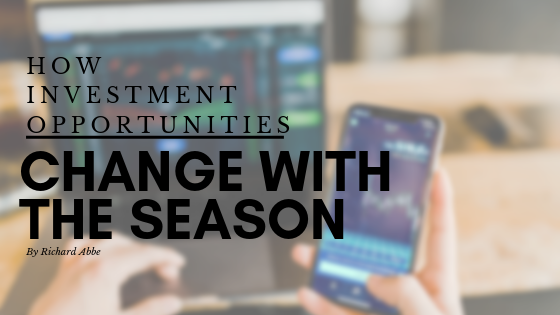Seasons affect more than the weather. They also affect investing in the stock market. History shows that the stock market performs at certain levels based on what time of year it is along with certain days in a given month. Money dictates markets, and consumers dictate money, and people spend more or less money during certain times. Here are some ways markets perform based on the time of year.
Holidays
It is no secret that people spend more money during the holidays. Retail sales rise, companies produce more goods, and consumers are generally more optimistic. With all this good cheer, the stock market usually follows suit. For newer investors, the best time to buy stocks is right before the start of a major holiday. This gives people a chance to get in right before all the enthusiasm starts to affect markets.
Begging of a New Month
The start of a new month can affect whether the stock market will rise or fall. Although markets fluctuate every day of the year, they often perform better or worse at the beginning of a new month. For example, the start of November usually sees the market start to rise as consumers begin their 2-month long holiday shopping sprint. On the flip side, the beginning of the dog days of summer often dampens consumer spirits and can lead to a significant drop in market performance.
January
Many new investors might expect some sort of investing “hangover” in January as consumers recover from the holidays. The fact is the stock market often performs well at the beginning of a new year. Value stocks and small-cap stocks perform well in January, so investors may want to buy these stocks towards the end of December to capitalize on all the “vigor” most people have when a new year starts.
It is definitely possible to take advantage of seasonal stock market trends. Demand for stocks ebbs and flows during certain times of the year. However, new investors must research historical data before they blindly start investing in stocks because it is the start of the holidays. Some stocks perform better or worse no matter the time of year. A prime example is a pharmaceutical company. Seasons have no impact on when consumers need to take their medication.

